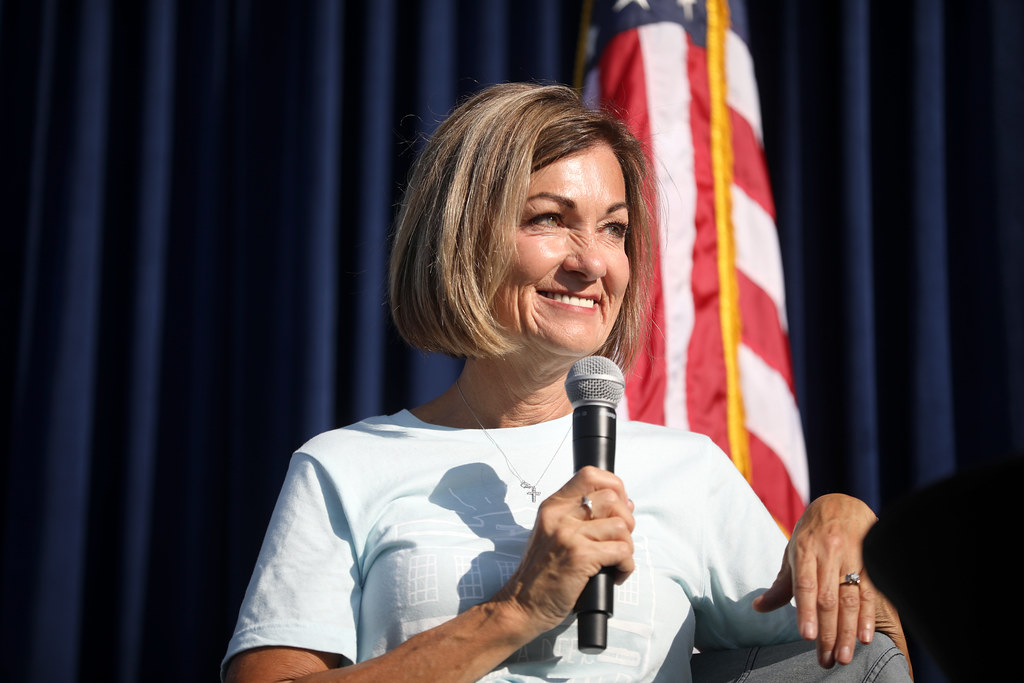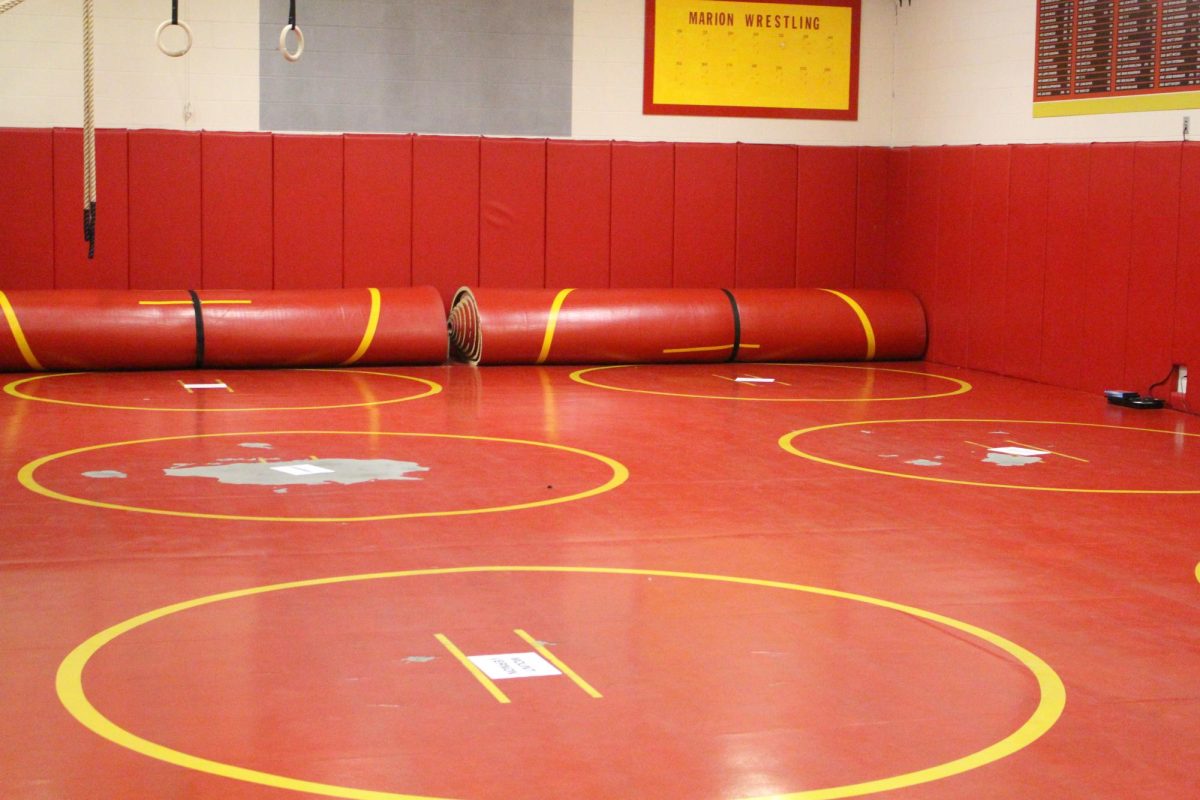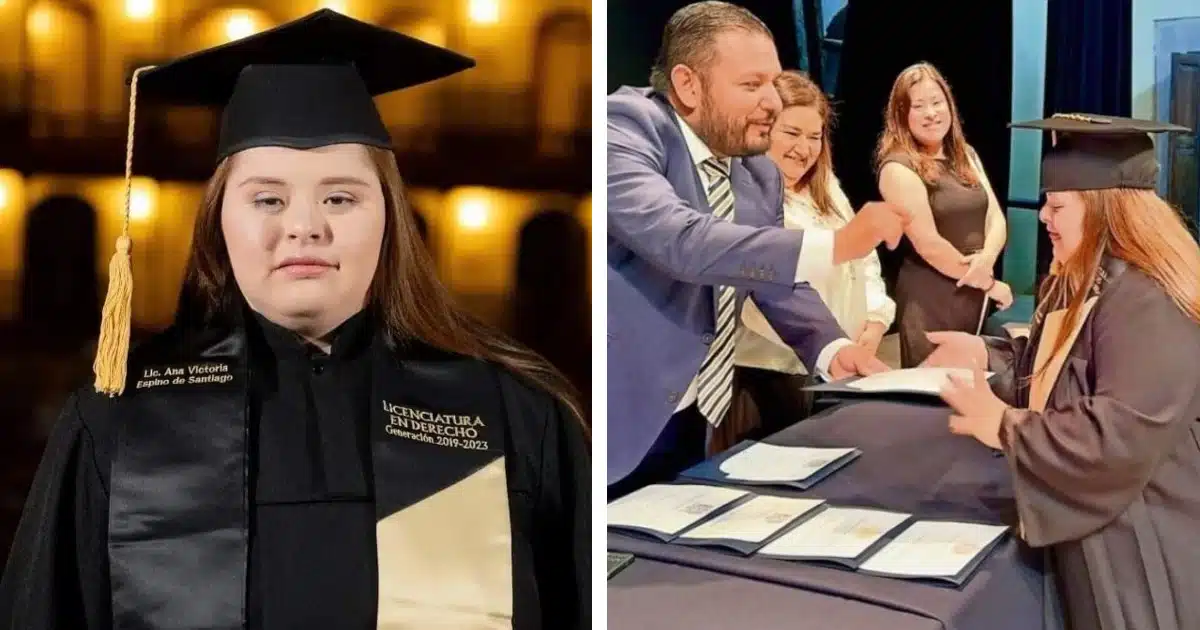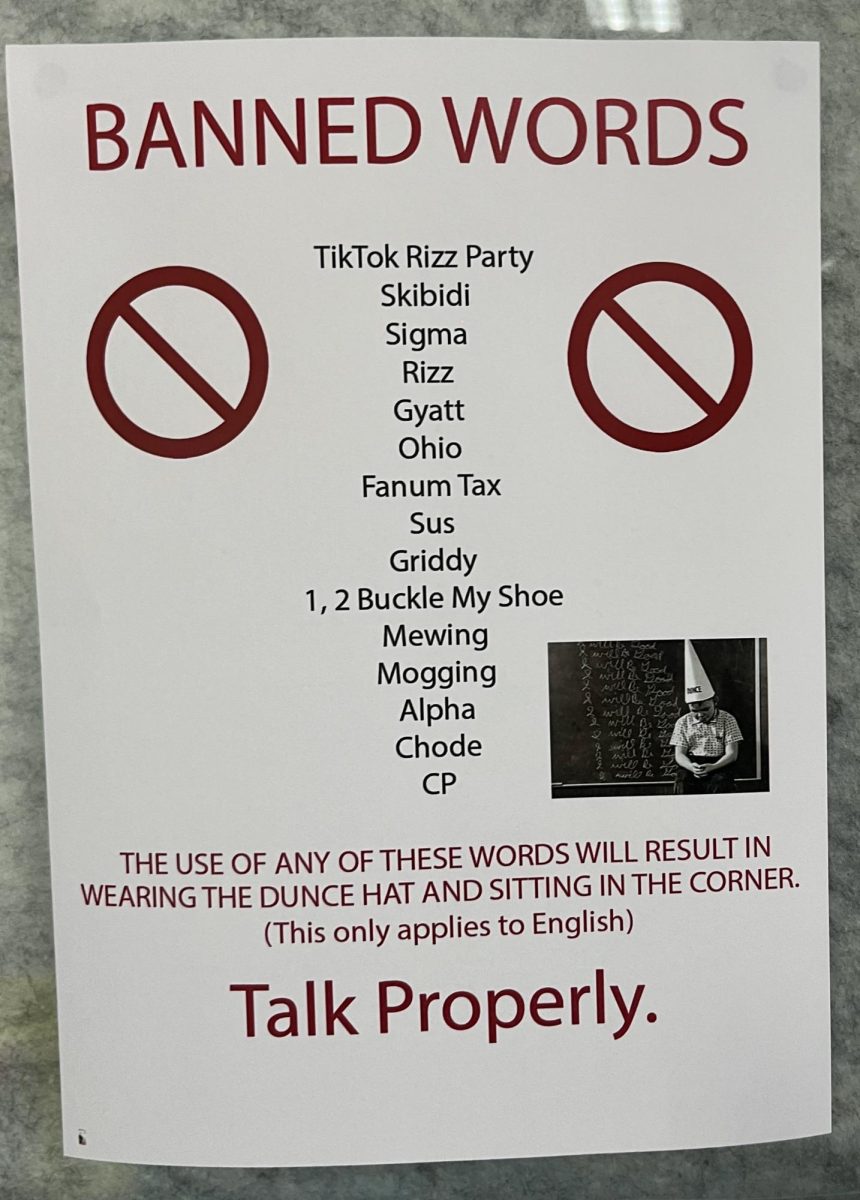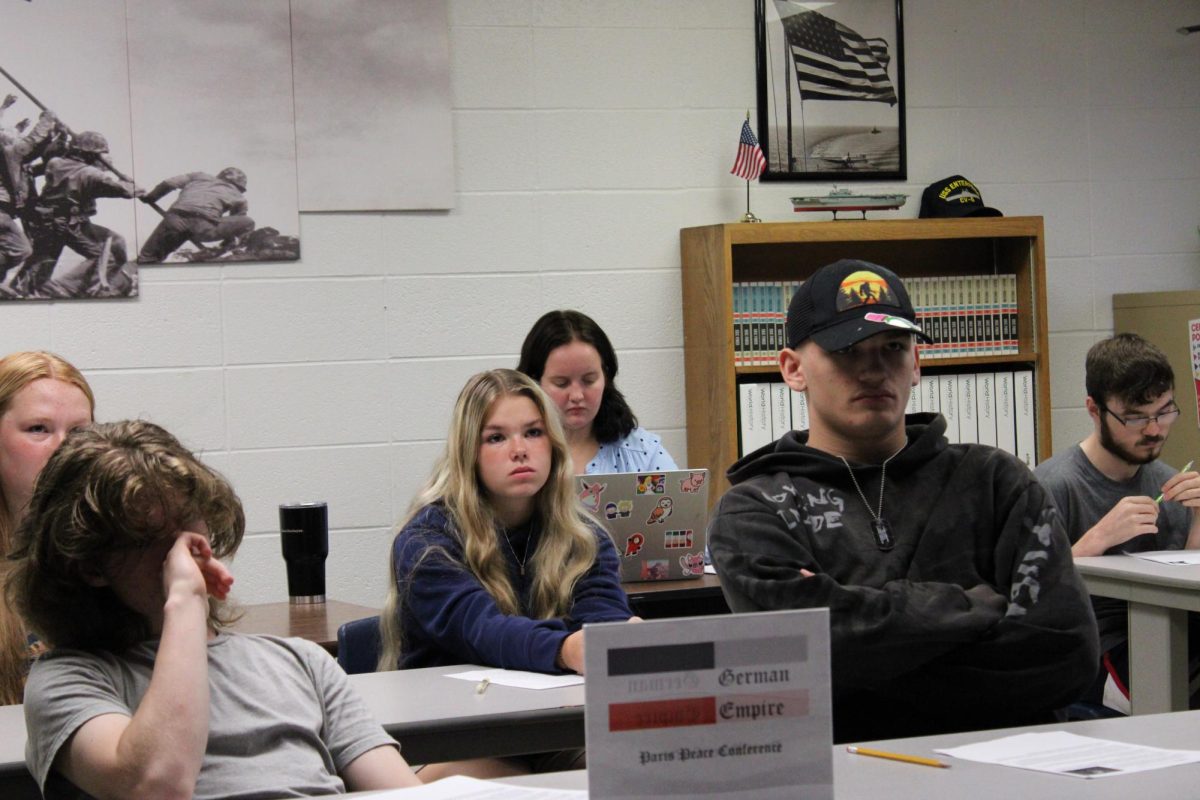As 2024 came to an end, cell phones and social media were one of the most talked about topics within schools and the government. Research is being performed nonstop and laws are proposed weekly. Students are frustrated with the concern and teachers are annoyed that it seems impossible to go five minutes without a pupil scrolling on TikTok. Whether one likes it or not though, changes are coming, and fast.
Australia is one of the first countries to follow up on these issues. On Nov 28., Prime Minister Anthony Albanese passed a complete social media ban for any citizen under sixteen regardless of parental consent. This includes Snapchat, TikTok, X, Instagram, and many other apps. During the announcement of the ban, Albanese said, “Social media is doing social harm to our young Australians, and I am calling time on it.” He claims that since this law has been set in stone, he has seen more teens talking face to face and engaging in in-person conversations. The high school counselor, Tom Kettmann, believes they are trying to do the right thing with this establishment. One of the largest motivators for this idea was mental health. Both Albanese and Kettman believe that social media is one of the largest factors in how students feel and act. “I don’t know if phones affect mental health, but the abundance of social media platforms available has affected students’ mental health,” said Kettmann. These conversations are not only happening across the country but in Iowa as well.
Governor Kim Reynolds wants to take larger measures with cell phones, specifically in educational atmospheres. Schools like Hoover High School in Des Moines and all Ankeny schools have already set a restriction on all mobile devices. The Iowa City School District has banned devices indefinitely besides during passing time, assigned lunch periods, and study hall. Reynolds wants to follow these trends with a statewide ban. On Spanish teacher, Melissa Pickering, sees the plusses and minuses of this law. “I do think students are addicted to their phones, and a lot of anxiety comes from that. But for us, we’re like, ‘take out your device and do a Gimkit real fast,’” said Pickering. Many believe that cellphones are seeing their final months, weeks, and even days in schools, and Reynolds is hoping to confirm these speculations. Mason Maura, spokesperson for the administrator, said, “Gov. Reynolds believes Iowa students deserve the opportunity to learn free from the distraction of personal electronic devices.” Eight states have passed laws that ban or limit phones in schools, and Iowa is soon to be added to this list.
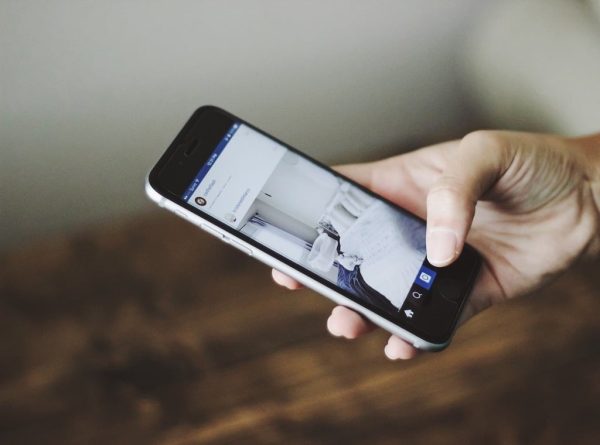
Children are told from a young age to discard anything that might be deemed distracting during learning hours, to move from friends who might provoke chatter, and to stay attentive in class. Phones have made these simple rules increasingly more difficult. Attention spans have decreased, and let’s be honest, it takes a lot of self-control to not pick up your phone every other minute to check the latest snap or Instagram post. Regardless of one’s opinion on social media and devices in school, it is a problem that must be addressed for the benefit of future and current generations.


